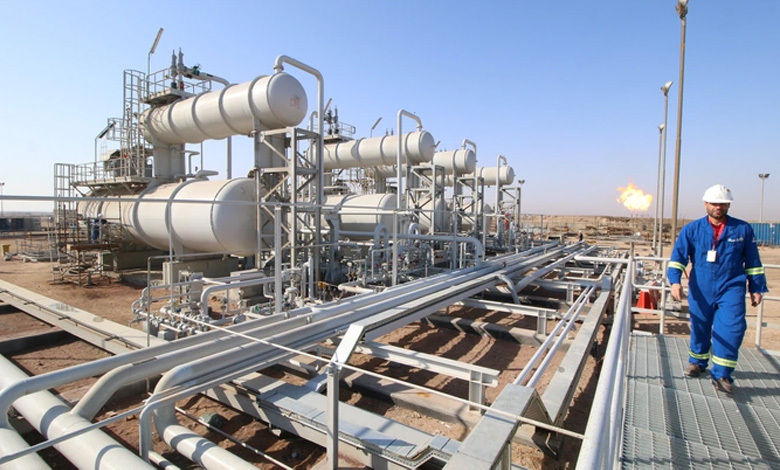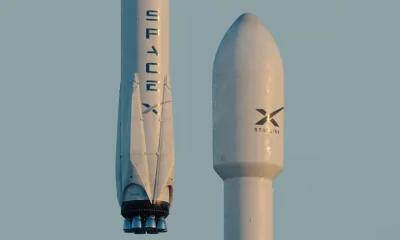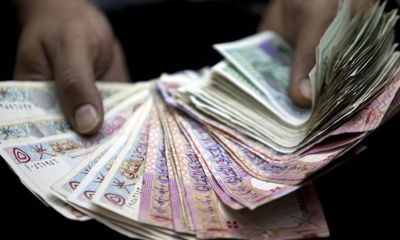In the ever-evolving landscape of global oil markets, Oman has made headlines with its remarkable achievement in oil exports. By the end of September 2023, the Sultanate of Oman had exported over 230 million barrels of oil, marking a significant milestone in its oil industry. This accomplishment not only reflects Oman’s commitment to maintaining a robust presence in the global oil market but also its ability to adapt to changing dynamics, ensuring its role as a key player in the hydrocarbon sector.
The significant milestone of 230 million barrels of oil exports showcases Oman’s resilience and flexibility in the face of market fluctuations. While various factors influence the oil market, such as geopolitical tensions, changes in energy sources, and economic conditions, Oman has demonstrated its ability to navigate these challenges effectively. This achievement comes at a time when the global energy landscape is evolving rapidly, with a growing emphasis on renewable energy sources and reduced reliance on fossil fuels.
Oman’s Oil Exports Soar: A Glimpse into Success of Sep 2023
As of the end of September 2023, Oman had exported 230,292,300 barrels of oil in total. The price per barrel of oil was calculated to be USD 79.9. 80.2% of the 287,037,500 barrels of total oil produced were exported, according to data released by the National Centre for Statistics and Information (NCSI).
The total amount of crude oil produced fell by 3.3% to 223,555,200 barrels. The production of condensates increased by 8.1% overall to 63,482,300 barrels. By the end of September 2023, oil production was averaging 1,051,400 barrels per day.
With 210,172,000 barrels, China led the list of nations importing crude oil from Oman, followed by Japan with 7,384,500 barrels. With 2,851,600 barrels, Korea was next, followed by India with 2,716,200 barrels, and exports to other nations totaled 7,168,000 barrels.
As of the end of September 2023, the total amount of natural gas produced locally and imported was 40,589.9 million cubic meters, up 3.6% from the 39,174.1 million cubic meters recorded during the same period in 2022. The amount of natural gas used for industrial projects was 23,777.0 million cubic meters or 58.5% of the total amount used.
10,089.0 million cubic meters of natural gas were used in oilfields, compared to 6,526.8 million cubic meters in power plants. Natural gas consumption for industrial estates was 197.1 million cubic meters.
One of the key drivers behind Oman’s success is its continued investment in modernizing its oil infrastructure. The country has worked diligently to ensure that its oil production and export facilities are equipped with the latest technologies and adhere to stringent environmental standards. By doing so, Oman has been able to maximize the efficiency of its oil production processes, thereby increasing the volume of exports.
Furthermore, Oman’s commitment to responsible and sustainable oil production sets it apart on the global stage. The nation is acutely aware of the importance of environmental conservation and is actively working to reduce its carbon footprint. This approach aligns with the global trend towards cleaner energy and green practices. As countries and industries worldwide aim to reduce greenhouse gas emissions, Oman’s dedication to sustainability is praiseworthy.
It’s also important to acknowledge the critical role of the workforce behind Oman’s oil industry. The nation’s skilled professionals, both local and expatriate, have contributed significantly to this achievement. Their dedication, expertise, and unwavering commitment to the industry have been instrumental in driving Oman’s oil exports.
The positive impact of Oman’s oil industry extends beyond its borders. As a reliable supplier of oil, Oman plays a vital role in ensuring global energy security. Its consistent exports contribute to the stability of energy markets, benefitting both oil-importing nations and the global economy. Additionally, Oman’s success can serve as an example to other oil-producing countries, emphasizing the importance of adaptability and sustainable practices in an evolving energy landscape.
The milestone of 230 million barrels of oil exports by the end of September 2023 is not just a number; it represents Oman’s determination, adaptability, and strategic prowess in the oil industry.
This achievement reinforces Oman’s role as a key player in the global oil market, and its ongoing commitment to responsible and sustainable oil production is commendable. As the world continues to navigate the challenges and opportunities in the energy sector, Oman’s journey in the oil industry serves as an inspiration and a testament to the nation’s capability to thrive in a changing world.
Read More: UAE’s “Tarahum for Gaza” Campaign Shines for Humanitarian Diplomacy






















